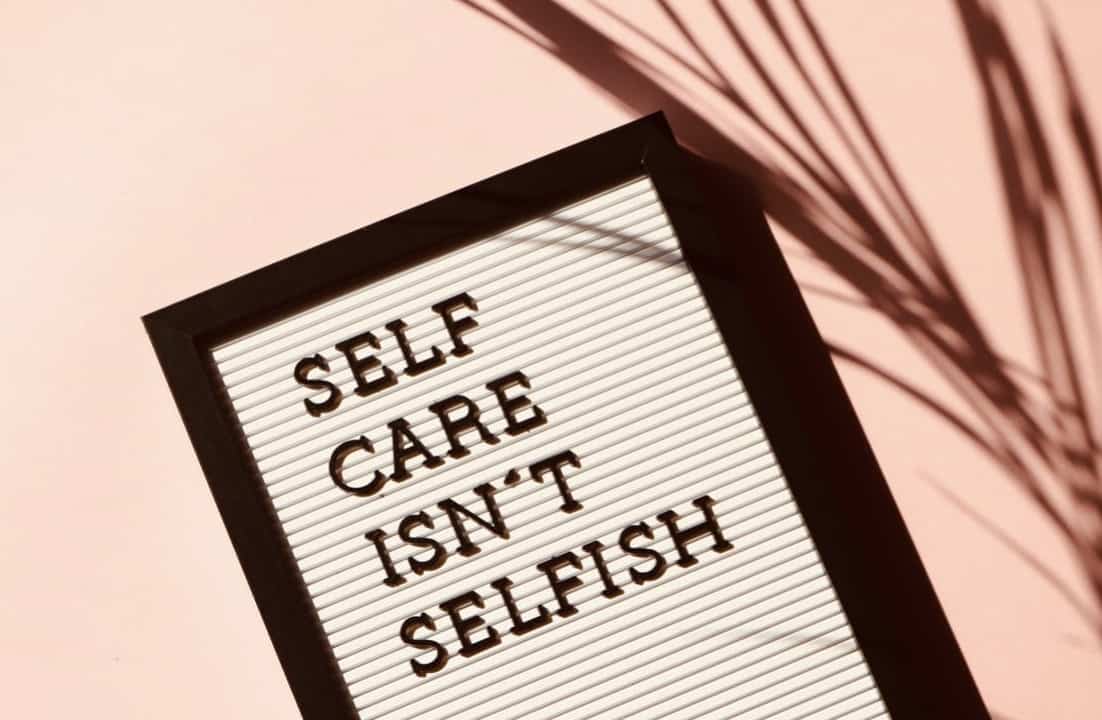Are you feeling drained and lacking the sound energy at work? Do you start each day planning to get loads done but get disappointed to see how little you have managed at the end? You are not the only one dealing with this problem. Many people face this issue at some point in their lives. The possible reasons could be poor sleep, unhealthy routine, no creativity at work, lesser socializing, and less knowledge of the given task.
Spending too much emotional energy on things that are not in your control makes you feel even more unproductive. Nevertheless, you can always look for solutions that could enhance your productivity and make you energetic. Let us probe into the quick fixes that could build up productivity.
Chapter Overview
1. Develop skills
It is never too late to learn. You can always enhance your creativity by learning new skills and exploring their capabilities. It is essential to master the skills beneficial for your work to improve career prospects. For this purpose, you can enroll in various online programs that offer higher education and training in relevant areas of expertise.
Professions such as Nursing also enable employees in the current work setting to get specialized training for better work practices. Therefore, to excel in the nursing career, one can get admission in CCNE accredited online MSN programs to incorporate knowledge and skills in routine tasks. But how does developing new skills enhance productivity? When we develop new skills, our intellectual abilities expand, allowing us to master specific skills while setting aside mundane work. These new skills help us perform better at work, increasing our productivity.
2. Build Connections
Undoubtedly, humans get tired of continuous work, and surprisingly, socialization is the key to employee engagement in the workplace environment. Employees who tend to interact more are productive and lively compared to those who do not. Good connections improve communication skills and the motivation to perform tasks. These factors affect not only performance but also health. In the classrooms, communication fosters learning and increases the efficiency of students.
Maslow’s Hierarchy of need states that the need for belongingness in humans is essential to motivate human behavior. Employees who build strong relationships help to create a thriving workforce. Positive communication strengthens team building to achieve common goals.
3. Take breaks in between
Human bodies are not machines and require a break. Taking frequent small breaks at work refreshes the mind and body. A little time off from work helps employees find relief from sustained position postures. A mini-break helps in preventing bodily damage that can result from poor sitting postures. Moreover, studying continuously without any gap decreases interest and attention.
While these breaks are usually short-termed, you need to make the most out of them. You can utilize this time by meditating, having healthy snacks, or exercising. A quick discussion on the episode of your favorite show or any small entertaining video can serve the purpose.
4. Focus on the most dreaded task first
We all have one or more dreaded tasks which we prefer doing at the end. Probably, the thought of doing them seems awful. These tasks should be placed on top of our to-do list. Pending these tasks will put you in guilt and distract you from doing other assignments as well. Prioritizing these tasks and completing them first will remove distress. And other tasks will seem less formidable.
Also, during studying, you can make use of the “Hardest first technique.” If it all seems a struggle for you, then get a wall planner. Make a planner and schedule all your tasks according to their nature of urgency.
5. Quit multitasking
Multitasking is mistaken for increasing efficiency, yet it results in low productivity. You cannot give quality time to all the tasks at a time. Attempting to do several tasks at a time results in lost time and decreased concentration. However, concentrating on a single task at a time will enhance the creativity inside you. You will even come up with better ideas. Research reveals that switching between tasks takes a severe toll on productivity.
Multitasking also pressurizes the brain as our brain needs relaxation to function correctly. It has a direct effect on cognitive ability. A Standford University researcher conducted a study showing that people who were considered heavy multitaskers proved to have lower productivity levels. Their brains were less efficient and less productive.
6. Stop chasing perfection
Is perfectionism good or bad? It could be both depending upon the context. We spend large amounts of time making things perfect, whether it’s an assignment or a household chore. Excessive concentration on minutest details results in lower productivity. Perfection leads to becoming a workaholic resulting in poor brain functioning.
Maintaining our physical health is essential. However, chasing perfection results in increased stress leading to poor health and disoriented sleep. It will have negative consequences on the immune system as well, making the body susceptible to illness.
Final Thoughts
The way a machine cannot work continuously, the human body cannot either. If you feel exhausted, overburdened, and less productive, the worst thing you can do is to continue with it. It will never work out on its own. But if we examine our mind and bodily needs, we will know our strengths and weaknesses. And making proper adjustments in our schedule will help us get back to our feet. Incorporating the solutions mentioned above can help increase our productivity whether at work or study.

